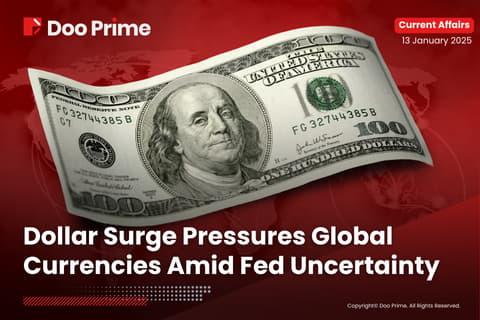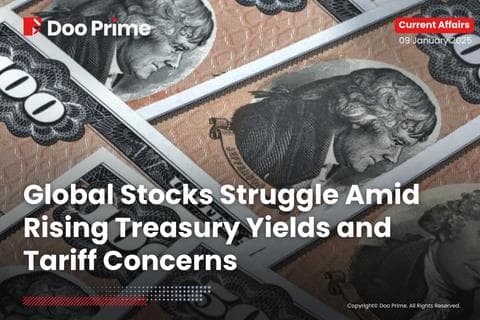Strike Looms As UAW Workers Reject Mack Trucks Contract
Union workers at Volvo Group-owned (VOLVb.ST) Mack Trucks overwhelmingly rejected a proposed five-year contract deal and will go on strike later today, the UAW said late on Sunday, making it the latest tentative labor agreement to be voted down by its members.
China-Made Tesla EV Sales Volume Plummets
U.S. automaker Tesla (TSLA.O) sold 74,073 China-made electric vehicles in September, a staggering 10.9% decrease from a year earlier, showed data from the China Passenger Car Association (CPCA) on Sunday.
Israel Shekel Falls To An Almost Decade New Low
The Israeli shekel fell to an almost eight-year low against the U.S. dollar today as conflict in the Middle East escalates. The shekel was last down more than 3% against the dollar at 3.9581.
Oil bounced back toward a price range of USD 90 a barrel after Hamas’ surprise attack on Israel triggered fears of supply disruptions. Gold simultaneously gained alongside the ruckus with the dollar maintaining its course.
Both West Texas Intermediate and Brent surged over 5%, just days after crude posted its biggest weekly drop since March. The fallout in markets will likely be determined by whether conflict spreads to the rest of the Middle East region, with oil traders also shifting their focus to Iran, which is both a major oil producer and supporter of Hamas.
For the conflict to have a lasting and meaningful impact on oil markets, there must be a sustained reduction in supply or transport, Commonwealth Bank of Australia analyst Vivek Dhar said in a note. Otherwise, as history has repeatedly indicated, the price reaction often tends to be temporary. Nevertheless, should Western countries now officially link Iranian intelligence to the Hamas attack, then Iran’s oil supply and exports would face imminent downside risks.
Gold rose and the dollar pushed on, with the greenback seeing gains versus the euro and pound, while riskier currencies slipped. The yen — another favored refuge for investors has continued to strengthen. Meanwhile, earlier gains in Australian and New Zealand bonds have since been erased.
The fallout from the Israel attacks reverberated through Middle East markets on Sunday, sending stocks downhill. Major equities gauges in the region fell, led by a drop on Israel’s benchmark TA-35 stock index, which posted its biggest loss in more than three years, sliding a massive 6.5%.
Other related news include:
Oil Jumps As Tensions In The Middle East Rises
Oil surged by 5% after surprise attacks on Israel over the weekend had resulted in the broadest and most brutal in decades. The attack threatened to inflame tensions in the Middle East, home to almost a third of global supply.

West Texas Intermediate traded near USD 87 a barrel as a war-risk premium returned to markets. The combined death toll topped at a frightening 1,100 as the battle heads into a third day, while the U.S. said it was sending warships to the region.
Gold Rises In Demand In Wake Of Attack
Gold rose on increased haven demand after tensions in the Middle East ramped up in the wake of the Hamas attack on Israel. The precious metal gained as much as 1.2% in early Asian trading today, as markets brace for headwinds and volatility from the shock attack by Gaza militants.

Its miraculous gain comes even after U.S. employment surged in September, bolstering the case for another interest-rate increase. Over the weekend, Fed Governor Michelle Bowman said U.S. inflation remains too high and added that further monetary tightening was likely needed.
Dollar Soars Higher As Traders Seek Haven
The dollar strengthened against most of its major peers from the Asian open as currency traders got their first chance to react to the attack by Hamas within Israel.

The greenback is now seen as a haven in times of trouble, advancing at least 0.2% versus the euro and pound, while risk currencies such as the Aussie and kiwi weakened.



